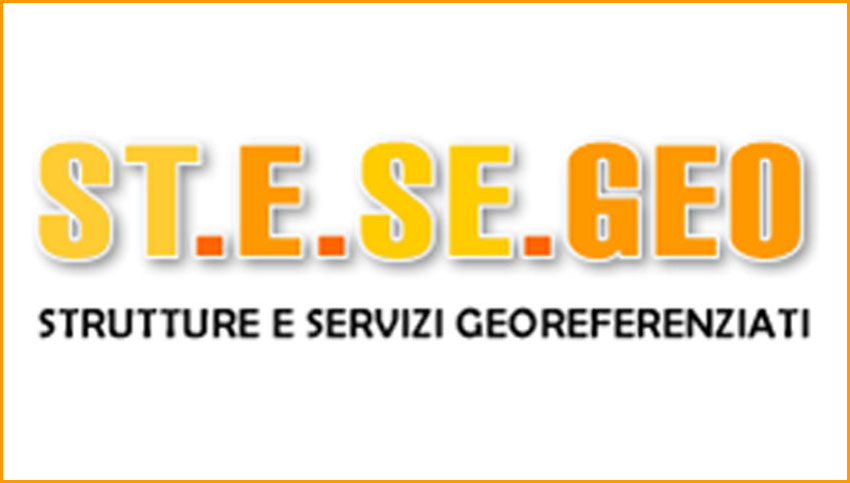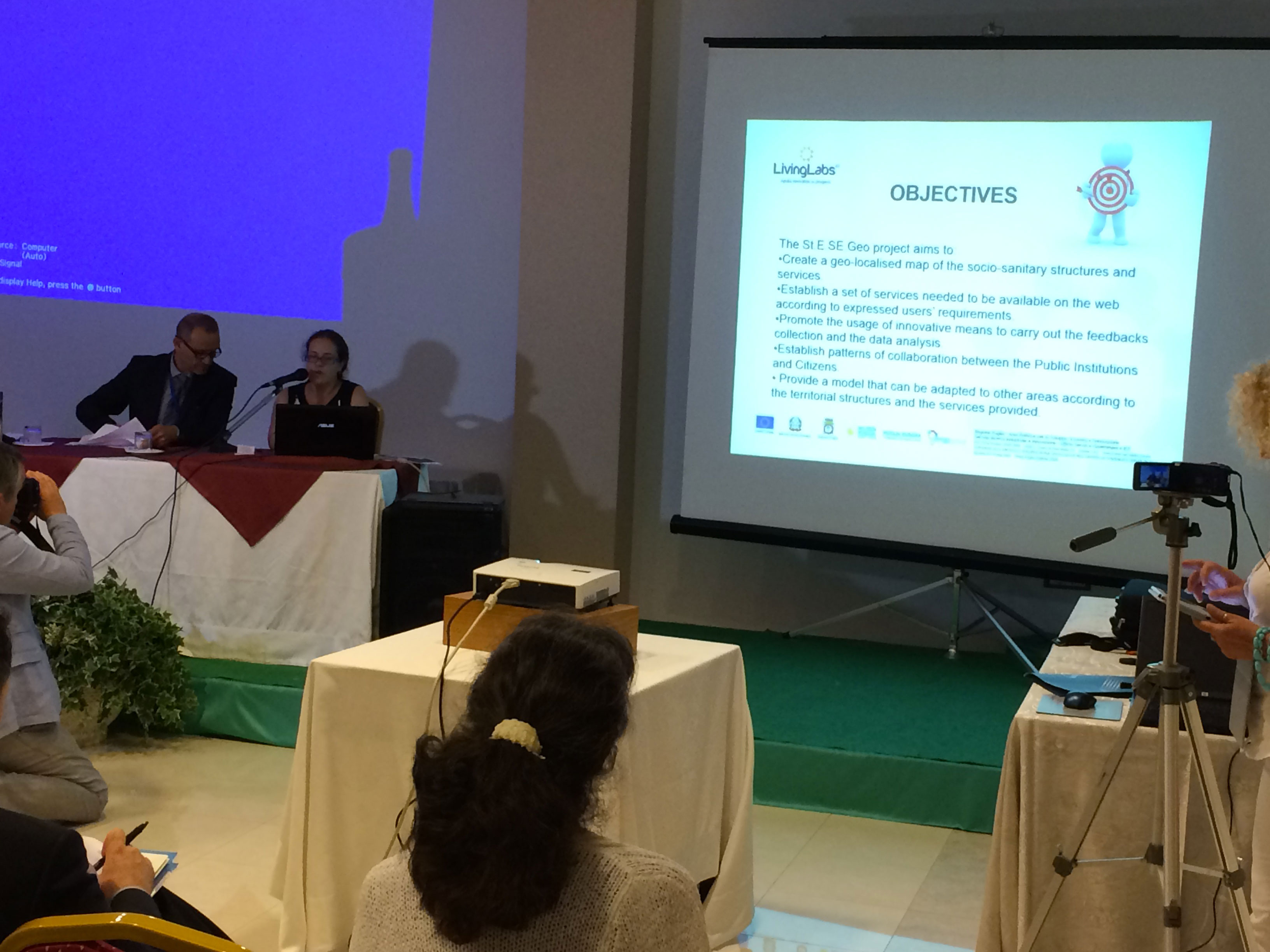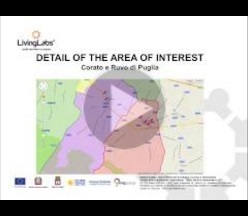Project Description
- Start date: 21/08/2013
- End date: 20/08/2014
- Duration (months): 12

- Lab Budget: € 60.000
- Number of partners: 5
- Partners: Computer Sharing Sud Srl, CSM Centro Software Meridionale s.r.l., Novaprogetti, DHITECH s.c.a.r.l., Agenzia per l’Inclusione Sociale PTO Nord Barese Ofantino s.r.l.
The main aim of the STESEGEO project was the improvement of the social conditions of the population with the support of Information and Communication Technologies. In detail the project was focused on the needs detection and analysis in the field of welfare and health in order to optimise the geo-location and provision of public services according to same expressed needs. Key features of the project were the high level of interaction, dialogue and consultation with citizens and stakeholders, through the usage of dedicated technological tools (enabling online interviews) and face-to-face meetings (e.g. workshops, etc.).
The main result of the STESEGEO project was the creation of a Social Webgis accessible from multiple devices (PC, smartphone, tablet, etc.), and especially used for the social needs collection with the aim to improve the delivery of social services, reinforcing the social inclusion. In detail the system allows the geo-location of expressed needs, highlighting critical situations. Another result was the creation of a digital “Carta dei Servizi”, geo-located on an interactive map in order to provide a guide for citizens searching for the most suitable structures and/or services available on their area. In addition the project enabled the digitization of the activities of “Segretariato Sociale” through the usage on innovative technological tools such as digital Paper and Pen. Finally another important result of the project was the creation of a Living Lab within the ENOLL international network.
During the STESEGEO project, the team of the Professor Corallo carried out a number of activities addressed as follows:
- The users’ involvement in different activities such as: design, implementation and monitoring of solutions and methodologies;
- The preparation of focus group with end users in different stages of the project: design, development, testing and Validation, etc.;
- The creation of permanent panel and forum for citizens and end-users;
- The project management and coordination of the;
- The dissemination activities;
- The surveys and interviews to local communities and public entities of the BAT (Bari – Andria – Trani) Region;
- The implementation and usage of engagement techniques for enabling users’ participation and mobilisation.
The digitization of the activities carried out within the social context was supported by the usage of innovative tools such as digital paper and pen also used in the early stages of data and needs collection and analysis carried out through (online and offline) interviews, workshops and other face-to-face meetings.
For more information please contact: Laura Schina (laura.schina@unisalento.it)



